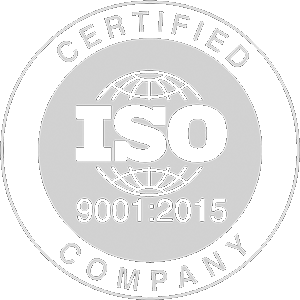Polyphenylene Sulfide (PPS) is a high-performance engineering thermoplastic known for its excellent combination of mechanical properties, chemical resistance, and thermal stability. PPS is commonly used in applications where durability, chemical resistance, and dimensional stability are critical.
- Chemical Resistance: PPS is highly resistant to a wide range of chemicals, acids, bases, and solvents, making it suitable for applications in chemically aggressive environments.
- High-Temperature Resistance: PPS exhibits exceptional thermal stability, maintaining its mechanical properties at temperatures exceeding 392°F without significant degradation.
- Mechanical Strength: PPS offers good mechanical strength, stiffness, and impact resistance, making it suitable for load-bearing applications.
- Dimensional Stability: PPS maintains its dimensions and shape across varying temperatures and environmental conditions, ensuring consistent performance.
- Electrical Insulation: PPS serves as an effective electrical insulator, making it suitable for applications requiring electrical and thermal stability.
- Low Water Absorption: PPS has low moisture absorption, contributing to the preservation of its mechanical properties and dimensional stability, even in humid environments.
- Flame Resistance: Certain formulations of PPS have inherent flame-retardant properties, making them suitable for applications with fire safety requirements.
- Electrical Components: PPS is used in electrical connectors, switches, insulators, and components requiring high electrical and thermal stability.
- Automotive Industry: PPS is employed in automotive applications such as fuel system components, electrical parts, and engine components due to its chemical and thermal resistance.
- Industrial Equipment: PPS is used in industrial equipment components like bearings, seals, gears, and wear pads due to its combination of properties.
- Chemical Processing: PPS is used in chemical processing equipment, such as pumps, valves, and seals, due to its resistance to corrosive chemicals.
- Aerospace and Aviation: PPS finds use in aircraft components requiring high-temperature resistance, chemical resistance, and mechanical strength.
- Medical Devices: PPS materials are utilized in medical equipment that requires chemical resistance, biocompatibility, and dimensional stability.
- Water Treatment: PPS is used in water treatment applications, including membranes and filtration components, due to its resistance to chemicals and heat.
